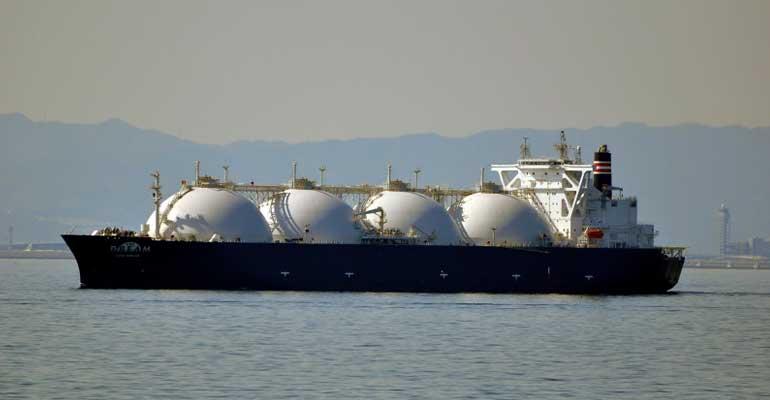Last October, NYK received an approval in principle (AiP) from the Class NK partnership to convert a LNG carrier's steam turbine to a dual-fuel diesel engine. This is the first AiP granted by Class NK for main engine conversion on LNG carriers.
The three companies will proceed with a detailed steam turbine conversion design, aiming to improve environmental performance, make efficient use of existing vessels and contribute to the stable transport of LNG.
LNG holds promise as an essential transitional energy for achieving a decarbonised society, and demand for LNG transport is expected to grow steadily.
The shortage of LNG carriers is a concern due to the limited number of new LNG carriers that can be ordered and the retirement of steam turbine-powered LNG carriers due to their inferior fuel economy compared to diesel-powered LNG carriers.
The three companies, to solve the problem, will replace the main propulsion of steam turbine-driven LNG carriers with low-speed, dual-fuel diesel engines called X-DF engines. Moss-type LNG tanks installed on steam turbine-powered LNG carriers are durable and can withstand long-term use. In addition to improving fuel economy, the engine replacement contributes to an efficient use of the ship's resources.
The three companies will support the stable transport of LNG by converting the main engines and contribute to the efficient use of ship resources with the technical capabilities of Japan's maritime group.
Copyright © 2024. All rights reserved. Seatrade, a trading name of Informa Markets (UK) Limited.
Add Seatrade Maritime News to your Google News feed.  |

